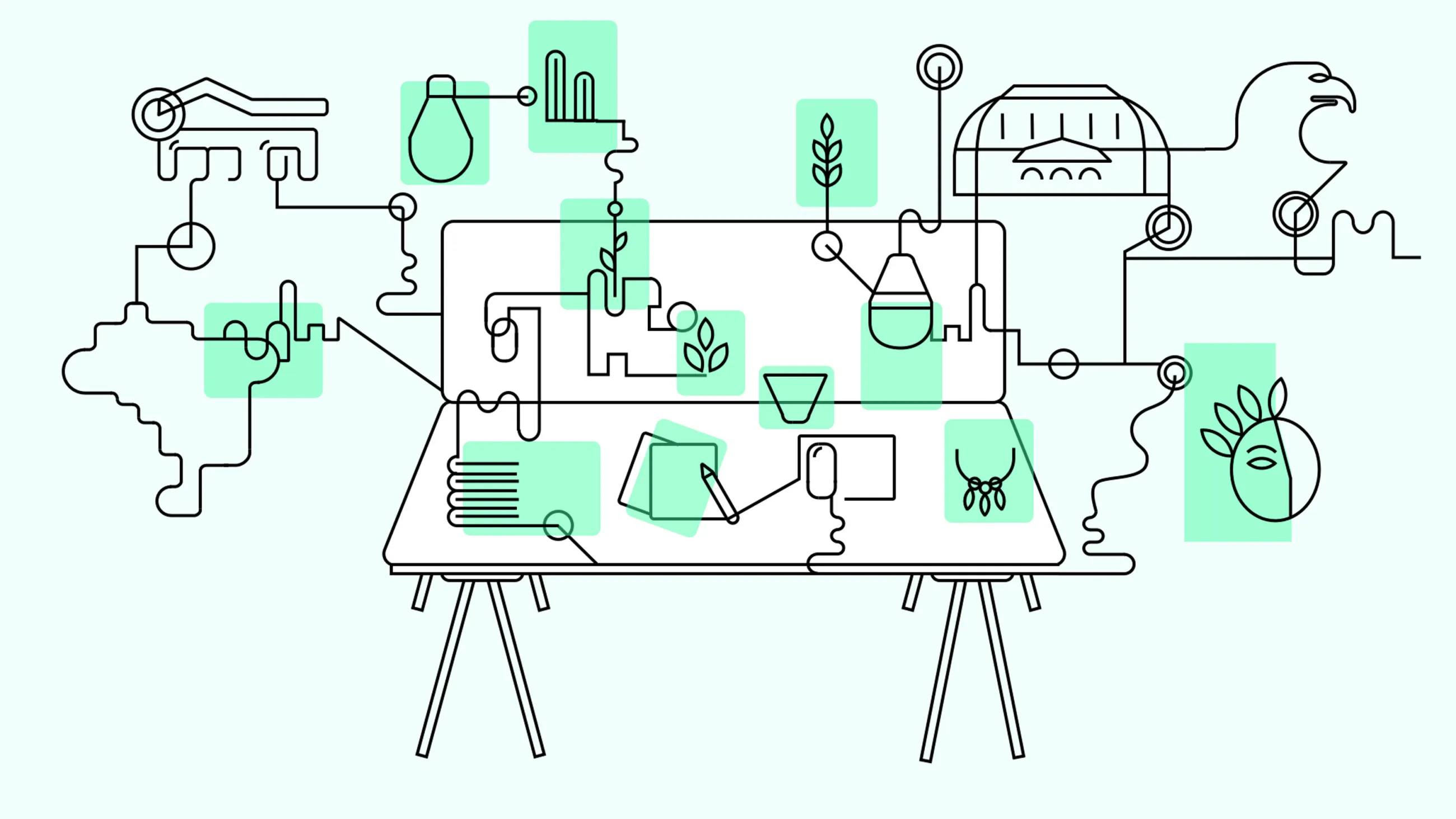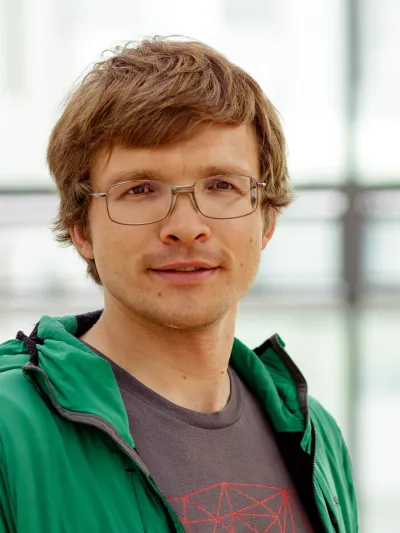Amazonia as a Laboratory for the Future – Networking-Understanding-Communicating
Starting from collection objects, overcome borders and create spaces of networking, understanding and mediation.

- Prussian Cultural Heritage Foundation (Ethnological Museum/SMB, Ibero-American Institute, Institute for Museum Research/SMB)
- Botanical Garden and Botanical Museum Berlin (Freie Universität Berlin)
- Museu Nacional da Universidade Federal do Rio de Janeiro
The things stored in the deposit cabinets of ethnological museums and the stacks of libraries and archives are more than silent witnesses of processes of appropriation, circulation and reinterpretation. In them, relationships between people, plants, ancestors and other beings as well as territories materialise. Even in their current status as objects of collection institutions, they have the potential to connect different lifeworlds, forms of knowledge and knowledge practices and thereby find their way back into life – a life that transcends the walls of collection institutions. This requires the development of suitable formats and instruments. "Amazonien als Zukunftslabor" is a pilot project based on collection objects to overcome disciplinary, institutional and spatial boundaries and to create digital and analogue spaces of networking, mutual understanding and mediation.
In close cooperation between Brazilian and German partners, digital tools are being developed within the framework of the project that bundle and network information on collection objects from different perspectives. A central challenge is to convey the diverse approaches in their complexity. The aim is to overcome historically evolved differentiations between collection institutions. Disciplinary and institutional logics of organisation of things are taken into account as well as indigenous knowledge orders and knowledge practices. Historical-ethnographic and botanical collections from the Brazilian Amazon region and cultural-historical multimedia collections for their contextualisation (including field diaries, photographs, maps, sound recordings, films, secondary literature) serve as case studies. They have been collected over the last 200 years and stored, classified, conserved, restored and researched in the Ethnological Museum, the Botanical Museum/Botanical Garden and the Ibero-American Institute. Only a part of these extensive multimedia collections and holdings have been indexed in depth and are available digitally. They have also not yet been networked across institutions and countries.
The general goals of the project are to use the possibilities of digital formats and tools to communicate, exchange and network with each other from different perspectives, knowledge practices and social contexts and to create new knowledge together. The knowledge networked within the project becomes publicly accessible in its processuality, via interactive formats of reception and participation. The tools created will then be made freely available and can be used or further developed in further work such as digital and participatory collection and cultural mediation.
Project management
Project management
Project management
- Dr Andrea Scholz (SPK/EM)
